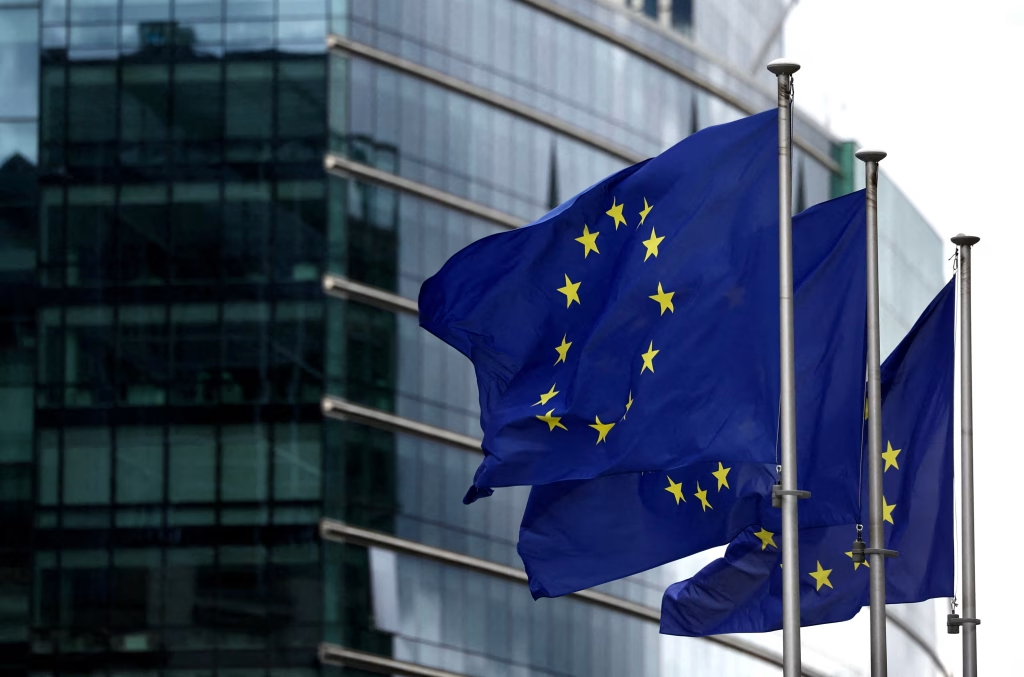
In a significant development, global tech giants and innovative startups have united to urge the European Union (EU) to simplify its regulations on artificial intelligence (AI) and data privacy. This joint call reflects growing concerns in the tech industry that current EU laws may hinder innovation, limit growth, and create unnecessary barriers for companies of all sizes.
This coalition includes major players like Google, Microsoft, Amazon, and several emerging startups, all advocating for a regulatory framework that is not only clear but also flexible enough to adapt to the fast-paced evolution of AI technologies. Their primary concern revolves around the complexity of the EU’s current AI laws, particularly the European Commission’s AI Act and the General Data Protection Regulation (GDPR).
Why Simpler AI and Data Rules Are Essential for Innovation
The EU has long been at the forefront of creating comprehensive AI regulations and data privacy laws designed to protect citizens and foster trust in new technologies. While these regulations are necessary, they have been criticized for their complexity, making compliance difficult—especially for startups and smaller companies with limited resources.
Industry leaders argue that overly strict regulations could stifle innovation. The fast-moving nature of AI development requires a regulatory framework that’s more adaptive. With rigid rules, smaller companies could struggle with lengthy approval processes, making it harder for them to bring new AI products and solutions to market. This could result in a competitive disadvantage for EU-based companies compared to those in regions with more flexible regulations, such as the US and Asia.
Key Recommendations for Simpler AI and Data Regulations
The tech giants and startups are pushing for a more balanced approach that promotes AI innovation while still ensuring data security and ethical AI practices. Their recommendations for reform include:
- A clearer definition of AI usage, which will help businesses navigate the regulatory landscape with greater confidence.
- A streamlined compliance process that reduces administrative burdens, particularly for small and medium enterprises (SMEs).
- A shift toward risk-based regulations that take into account the varying challenges faced by startups compared to larger corporations.
The group also suggests that the EU should focus on outcome-based regulations instead of prescribing rigid rules. This approach would allow businesses the flexibility to deploy AI technologies that meet both regulatory standards and evolving market needs without facing unnecessary delays or excessive red tape.
What’s Next for AI and Data Regulation in the EU?
As the EU revises its AI policies and data regulations, the tech community’s collective push for simpler AI regulations will likely influence future legislative decisions. The EU must find a delicate balance between fostering innovation and ensuring robust protections for data privacy and ethical AI.
With AI set to revolutionize industries worldwide, it’s crucial for the EU to implement a regulatory framework that enables growth and innovation while safeguarding citizens’ rights. The collaboration between tech giants and startups is an important step toward achieving a future where AI and data privacy regulations can coexist seamlessly and foster growth in Europe’s tech ecosystem.
Simplified EU AI Rules Could Boost Innovation and Growth
The call for simpler AI regulations in the EU is more than just a plea from the tech industry—it’s a request for a future where both large corporations and startups can thrive in the rapidly changing landscape of AI technologies. As the EU moves forward with its AI regulation efforts, it must strike the right balance to ensure that Europe remains competitive on the global stage.




























